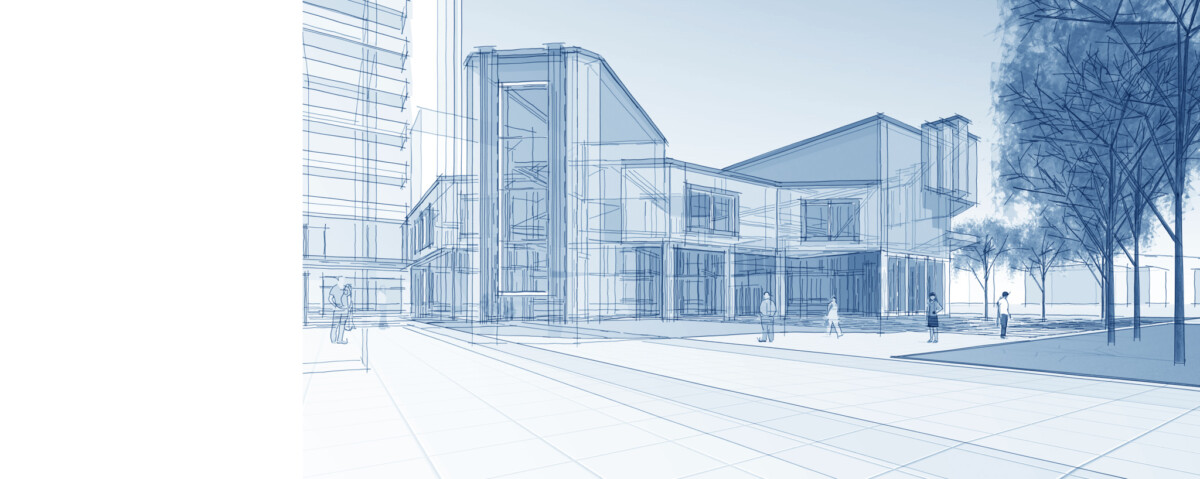An encumbrance on real estate refers to any claim, lien, charge, or liability attached to and binding real property. Encumbrances can affect the property’s use, transfer, or value, making it essential for buyers, sellers, and property owners to understand their implications. Here’s an in-depth look at encumbrances, the different types, and how they can impact property ownership.
Types of Encumbrances
1. Liens A lien is a legal claim against a property due to unpaid debts. Common types of liens include:
- Mortgage Liens: These are the most common and arise when a property is used as collateral for a loan. If the borrower defaults, the lender can foreclose on the property.
- Tax Liens: Imposed by the government for unpaid property taxes, income taxes, or other taxes. These liens can lead to the sale of the property if not paid.
- Mechanic’s Liens: Filed by contractors or suppliers for unpaid work or materials. These can prevent the sale of the property until it is resolved.
2. EasementsAn easement grants someone else the right to use a part of your property for a specific purpose. Common examples include:
- Utility Easements: Allow utility companies to install and maintain infrastructure such as power lines or pipelines.
- Access Easements: Provide neighboring properties with access through your property, often for driveways or walkways.
3. EncroachmentsEncroachments occur when a structure or improvement extends onto another person’s property. This can include fences, driveways, or buildings. Encroachments can lead to disputes and may require legal resolution or property adjustments.
4. Deed Restrictions and Covenants: These are private agreements that restrict the use of the property in some way. Common in planned communities, they may dictate the type of buildings allowed, aesthetic standards, or permissible land uses. Violating these can result in legal action or fines.
5. LeasesA lease is an agreement granting someone the right to use the property for a specific period. Even after the property is sold, existing leases often remain in effect, binding the new owner to the lease terms.
How Encumbrances Affect Property Ownership
1. Impact on SaleEncumbrances can complicate or delay the sale of a property. Buyers may be hesitant to purchase a property with unresolved liens or encroachments. Title searches are crucial during the buying process to uncover any encumbrances that might affect the transaction.
2. Financial LiabilityLiens, especially unpaid tax or mechanic’s liens, can become the new owner’s responsibility if resolved after the sale. This financial liability can be significant and should be addressed before closing.
3. Restrictions on UseEasements, deed restrictions, and covenants can limit what you can do with your property. For instance, utility easements might prevent you from building on certain parts of your land. At the same time, deed restrictions can limit the types of structures you can erect.
4. Potential for Legal DisputesEncumbrances like encroachments or easement disputes can lead to legal battles. Resolving these issues can be costly and time-consuming, impacting the enjoyment and utility of your property.
5. Title Insurance and ProtectionPurchasing title insurance can protect buyers from unknown encumbrances discovered after the sale. Title insurance covers legal fees and potential losses from property ownership or use rights disputes.
Conclusion
Understanding encumbrances is vital for anyone involved in real estate transactions. They can affect property value, usability, and ease of transfer. Conducting thorough due diligence, including title searches and legal consultations, can help identify and manage encumbrances effectively. Whether buying, selling, or owning property, being informed about encumbrances ensures smoother transactions and better property management.










